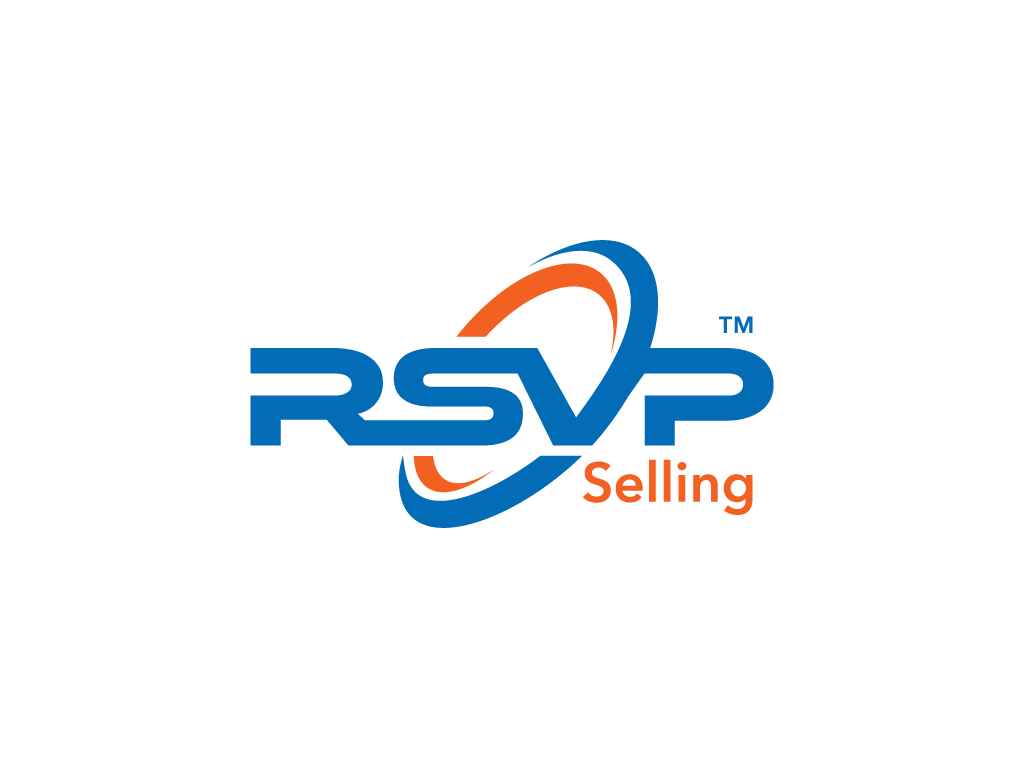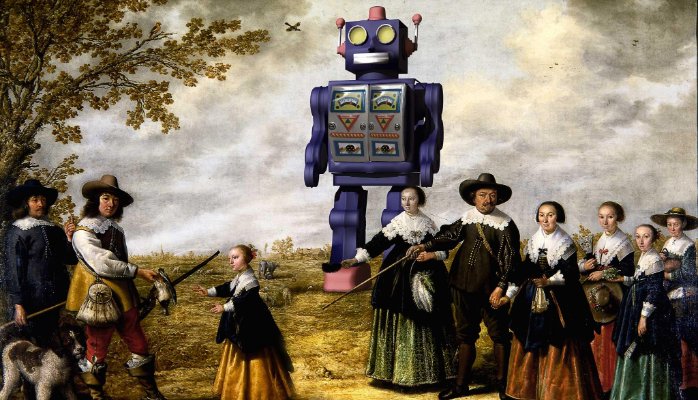Imagine you're the world's number one in your category and you've been in business for more than 100 years. You have 85% of the hardware market and 90% of the consumables market... yes, you even provide consumables for your competitors products. You are the giant of your industry, able to squash competitors with your monolithic brand, ubiquitous market presence and multi-billion dollar balance sheet. Then you invent the very technology that will disrupt your own industry, creating the next wave of domination and mega-growth... but you sit on it fearing that you will cannibalize your own lucrative legacy business. For another twelve months you continue to enjoy a continuation of your century old growth curve. The next year's revenues and profits will be the historical peak... record profits and share price... then a decline into oblivion.
"Your unwillingness to disrupt yourself is driven by fear and an addiction to cash-cow revenues... it kills you."
This is the true story of Kodak who invented the digital camera. But Kodak is not an isolated event – history repeats. The Swiss invented the digital watch and also ignored it for fear of hurting traditional watch sales. Apple and IBM are examples ofthose who resurrected themselves by reinventing their brand, transforming their culture and the value they offer their markets. Virgin cleverly defines value in its brand personality. There are many examples of disruption and most are enabled by technology and the blurring of economic and market boundaries. Examples include iTunes and the music industry, eBooks and publishing. The brutal and relentless forces of commoditization and distruption can come from many fronts:
- Technology advances (cloud, social, mobility, robotics, A.I, etc.)
- Economic downturns (the GFC or individual bubbles that burst)
- Regulatory changes (Uber is re-defining the taxi industry)
- Political upheaval (tariffs and protectionism can be dismantled)
- Scandals (VW diesel-gate is an example)
- Low cost labor markets can now 'virtually' cross borders
- Environmental issues (floods, wars, fear and uncertainty)
The video below was produced recently by the Australian Radio Network as the opening for their 2015 annual customer conference where they invest in their clients to help them transform their businesses. It provides three short examples of disruption and how businesses can either adapt and prosper or fail to act and die. The Lego example is inspiring... the others salient.
The very best leaders head commoditization off at the pass by choosing to disrupt themselves before anyone else does. They commit to being agile and innovative. They form disruptive teams than run scenarios and propose bold ideas because past prosperity or market dominance does not assure future success. Our ability to creatively innovate for both value and customer experience is what creates a positive future.
"Our obsession must be about our customers to provide best value and best engagement experience. The way we operate is more important than what we sell"
How will you disrupt yourself by transforming both the value and experience you provide your customers? Australian Radio Network (who produced this video) face disruption through fragmented media channels and they understand the value they provide is not radio advertising but instead a trusted partnership to create revenue through trusted brands that engage with their markets over the air-waves and online. They constantly innovate and know that sacred cows make the best burgers. Thanks Brian Blacklock, Adam Williams and the ARN team for allowing me to share your conference video.
If you valued this article, please hit the ‘like' and ‘share’ buttons below. This article was originally published in LinkedIn here where you can comment. Also follow the award winning LinkedIn blog here or visit Tony’s leadership blog at his keynote speaker website:www.TonyHughes.com.au.
Main image photo from Flickr.





